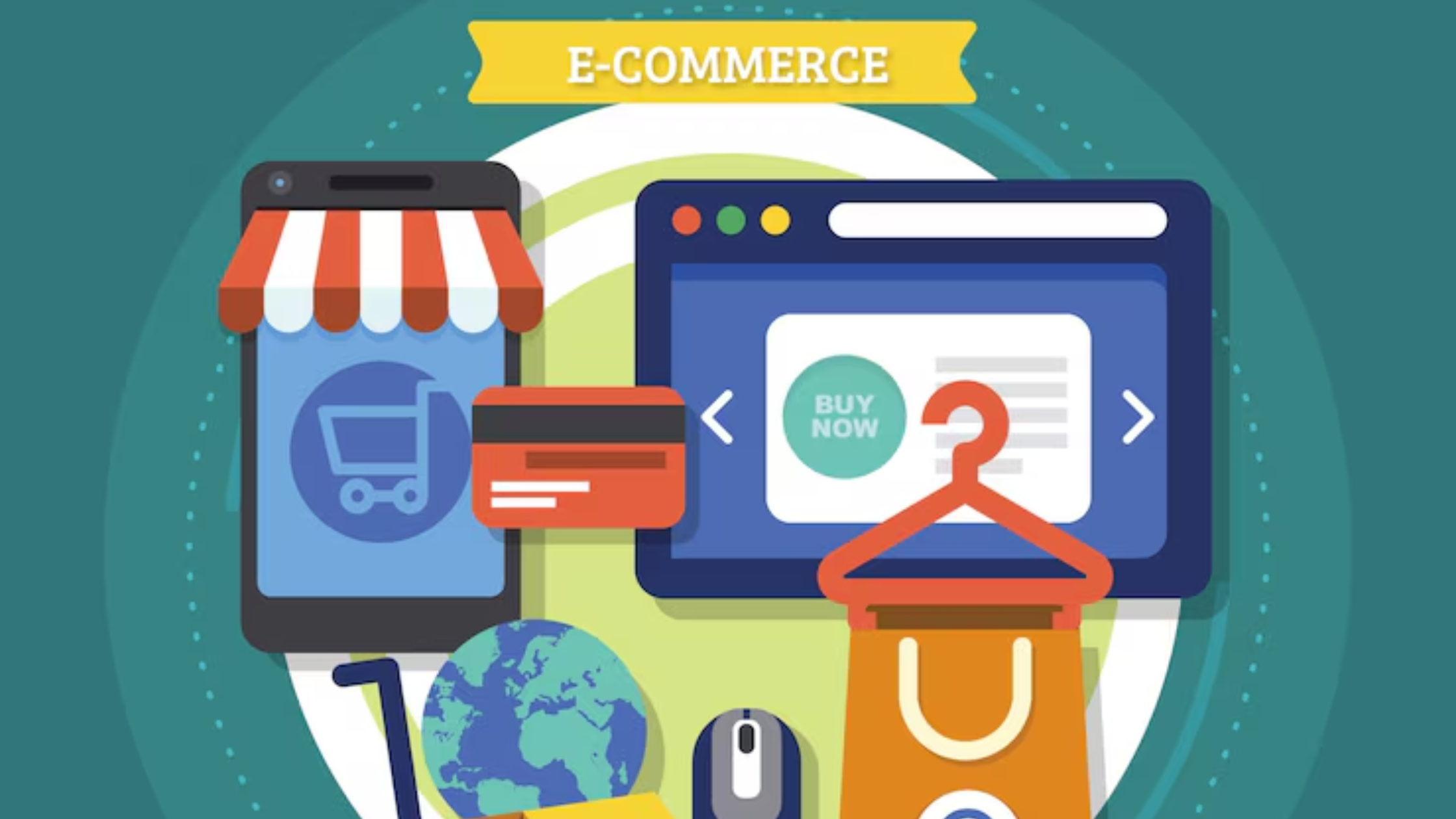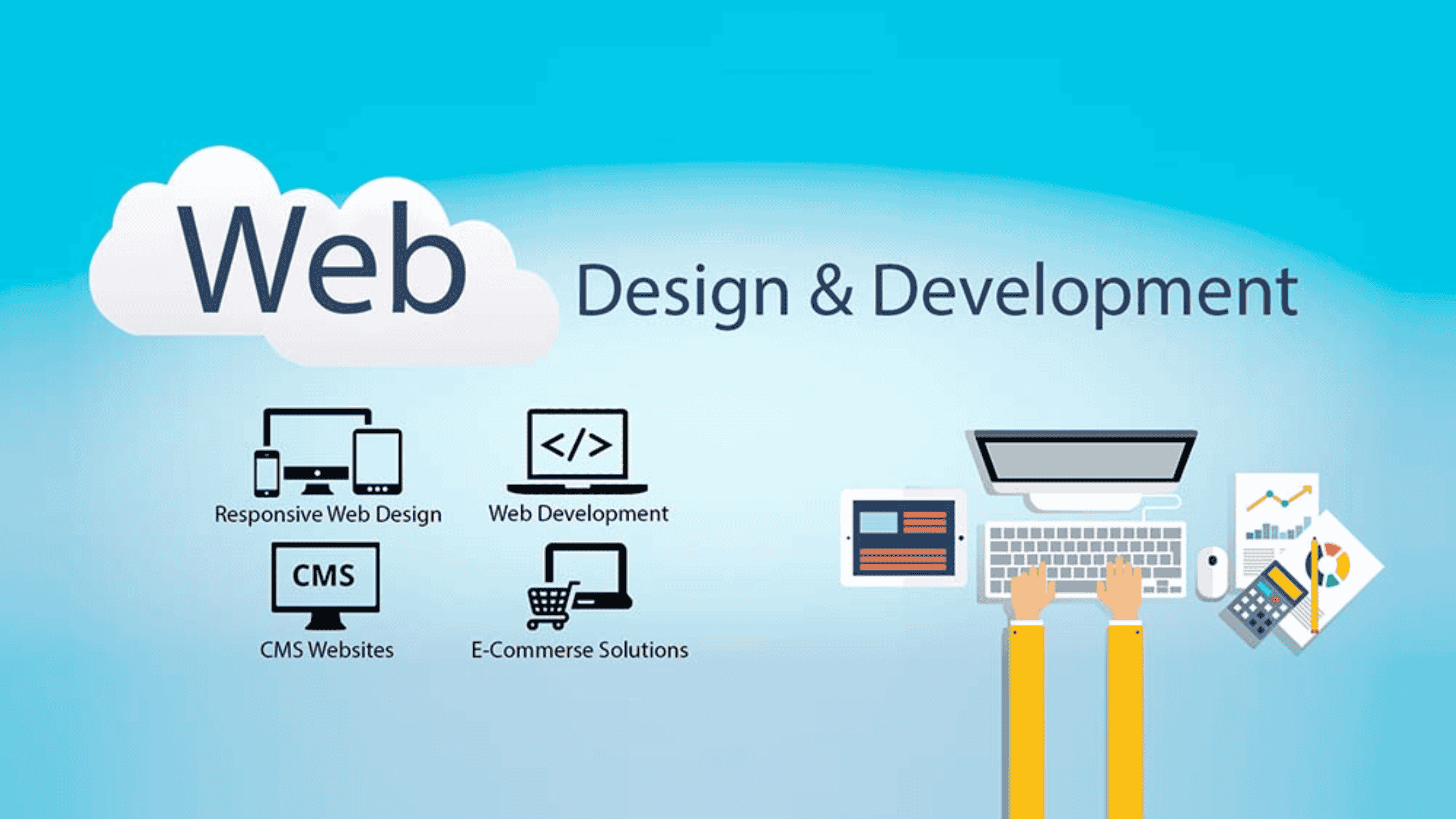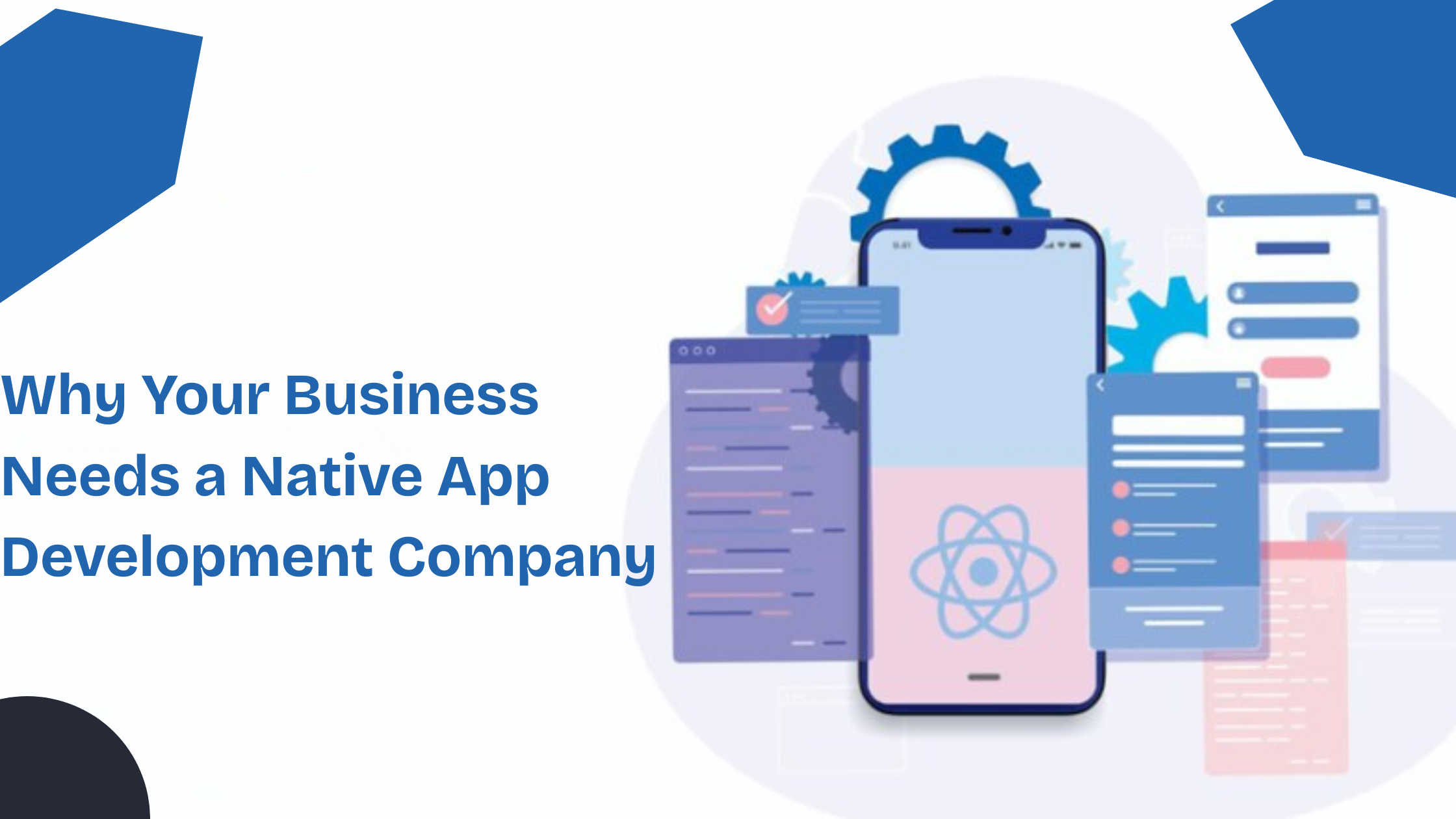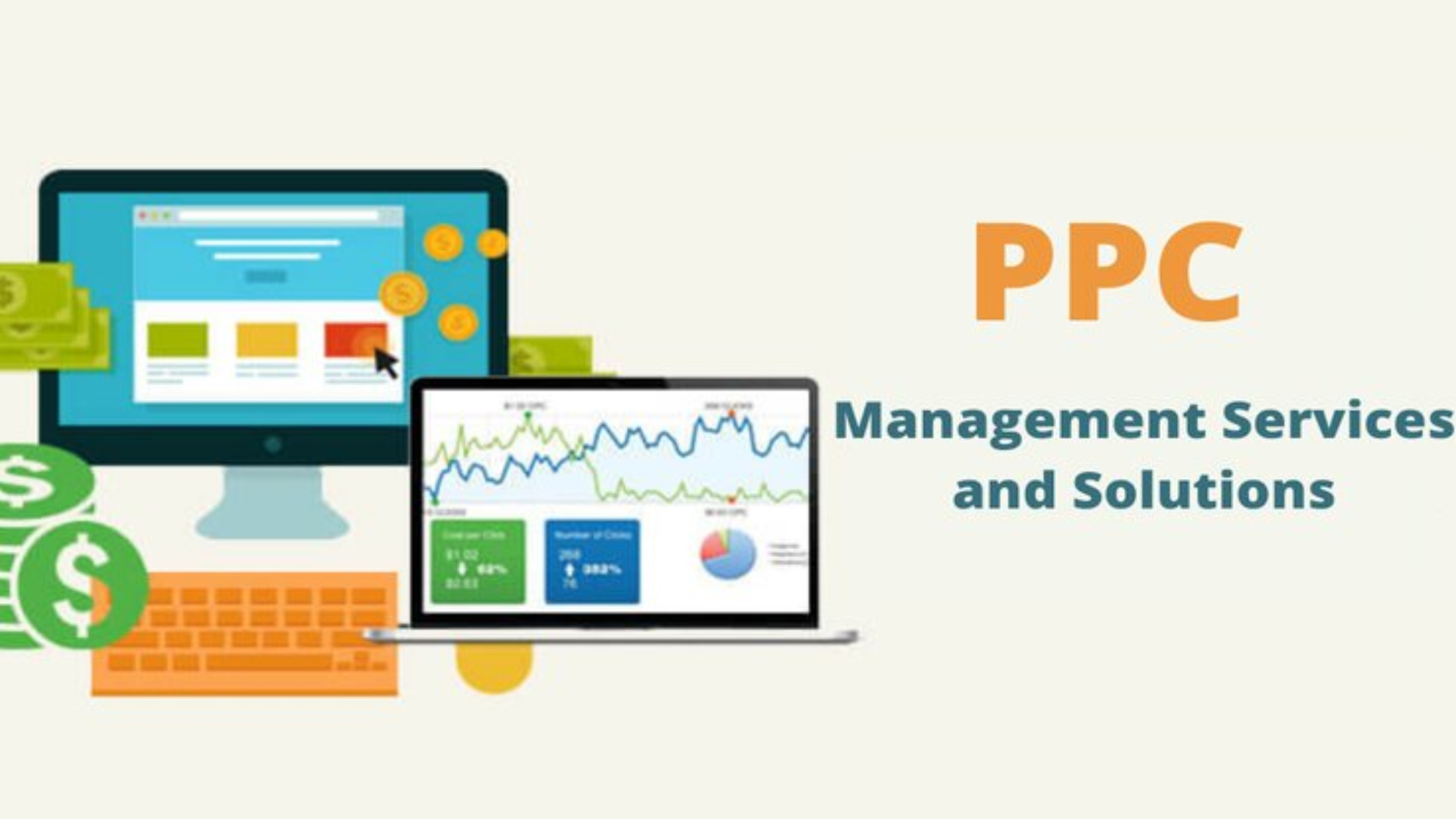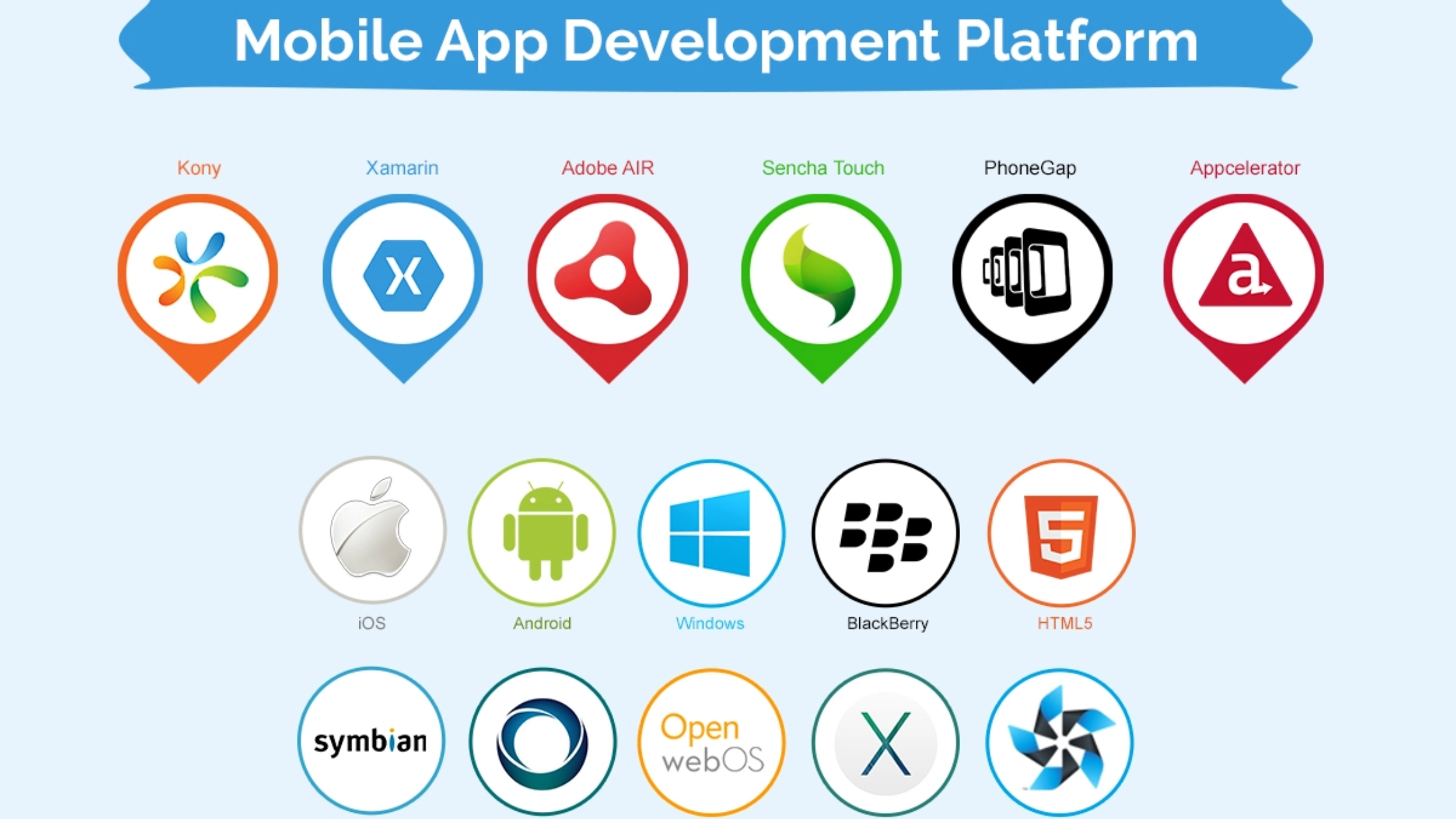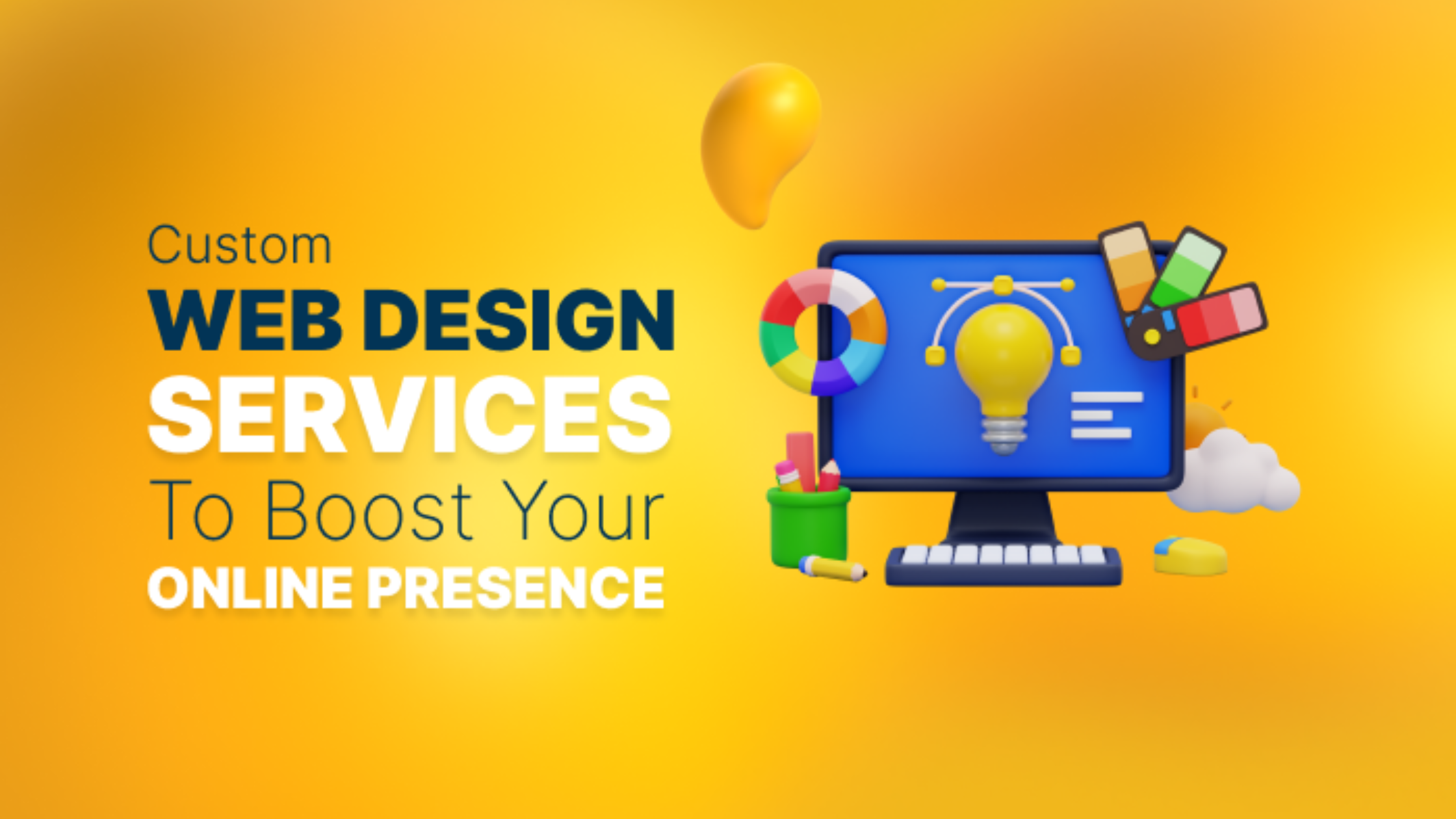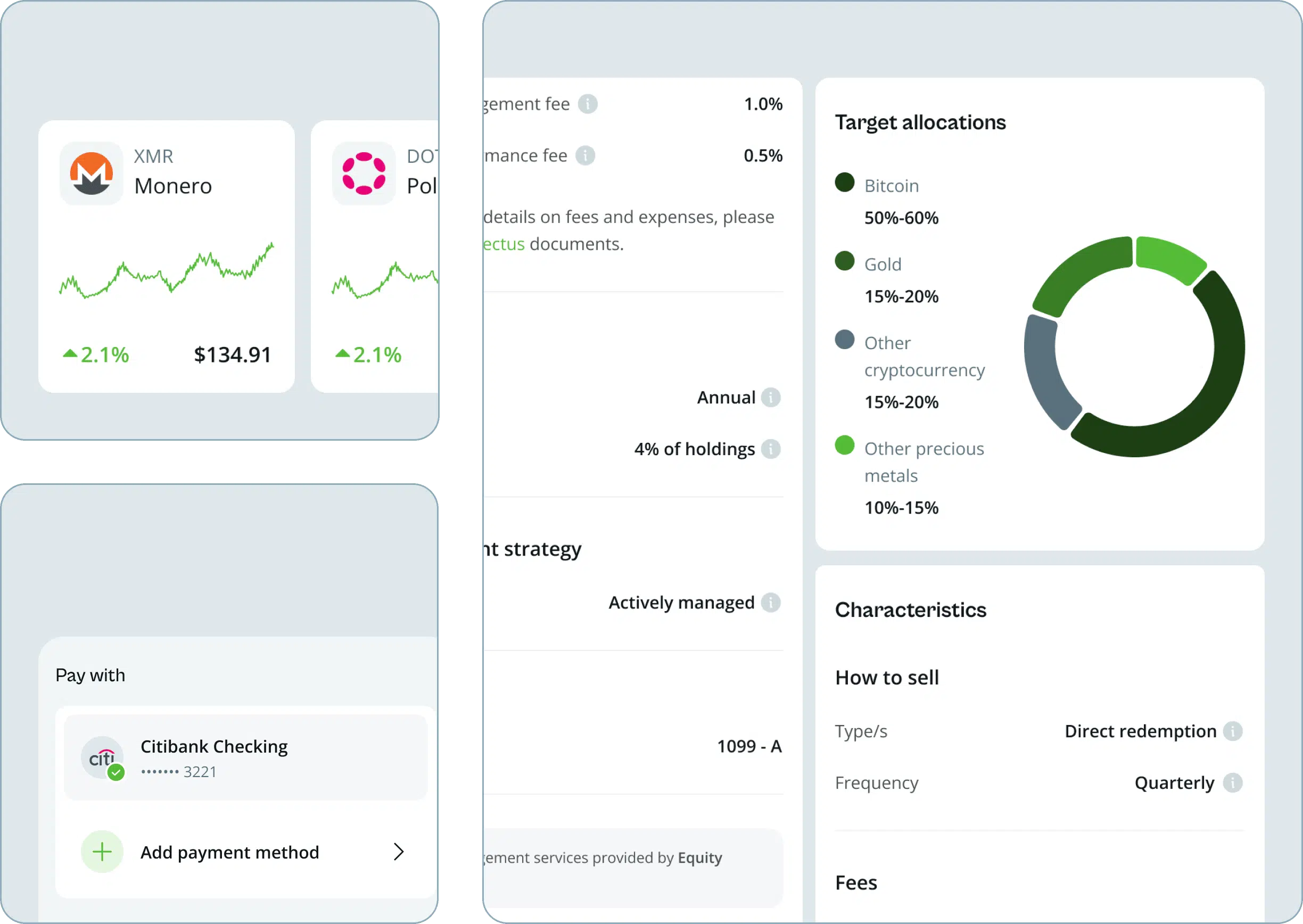In today’s digital age, online shopping has become an integral part of how businesses reach customers. Understanding what is an eCommerce platform is crucial for entrepreneurs and businesses seeking to establish their online presence. This guide will dive deep into the concept, key features, benefits, and top platforms in the market today.
The Rise of E-commerce
E-commerce has revolutionized the retail world, enabling businesses to sell products and services to a global audience. But what is an eCommerce platform? Simply put, it’s a software application that allows businesses to manage their online store, from listing products to processing payments. This technology has empowered millions of businesses worldwide to operate effectively online.
In this blog, we’ll explain the essentials of eCommerce platforms, their functions, and why they are essential in today’s marketplace. Understanding what is an eCommerce platform will guide you in choosing the right one for your business needs.
What is an Ecommerce Platform?

An eCommerce platform is a software solution that allows businesses to manage their online presence. It serves as the backbone of any online store, providing tools to sell products, track orders, manage inventory, process payments, and more. Some popular eCommerce platforms include Shopify, WooCommerce, and Magento, each offering unique features tailored to different business needs.
When businesses want to sell online, they need a solid platform to handle everything from product pages to checkout processes. These platforms simplify what would otherwise be a complicated process, allowing even small businesses to compete with global brands. So, now that you know what is an eCommerce platform, let’s explore its features and benefits.
Key Features of an E-commerce Platform
A great eCommerce platform should have a variety of features to ensure smooth business operations. Some of the essential features include:
- Product Management – The platform should allow businesses to easily upload and manage product listings, including descriptions, prices, images, and variants (e.g., size, color).
- Payment Gateway Integration – A reliable eCommerce platform integrates with popular payment gateways like PayPal, Stripe, and credit card processors, allowing seamless transactions.
- Shopping Cart – This feature enables customers to add products to their cart and proceed to checkout. A robust shopping cart system ensures a smooth user experience.
- Customer Management – The platform should offer features for customer registration, order tracking, and personalized experiences.
- SEO and Marketing Tools – Many eCommerce platforms come with built-in tools to improve search engine rankings and attract more traffic to your site.
By now, you have a clearer idea of what is an eCommerce platform and how these features can help businesses manage and grow their online presence.
Benefits of Using an E-commerce Platform
- Scalability – E-commerce platforms like Shopify or WooCommerce offer scalability, meaning they can grow as your business grows. Whether you’re a small business or an enterprise, you can find a platform that fits your needs.
- Customization – Depending on the platform, customization options are available for branding, design, and functionality. This allows businesses to create unique online stores that reflect their identity.
- 24/7 Availability – Unlike traditional brick-and-mortar stores, an online store powered by an eCommerce platform is open 24/7, offering convenience to both businesses and customers.
- Cost-Effectiveness – Building and maintaining an online store can be cheaper than a physical store. E-commerce platforms allow businesses to reduce overhead costs associated with renting or maintaining physical storefronts.
Choosing the Right E-commerce Platform for Your Business
Selecting the right eCommerce platform is a critical decision. It depends on various factors, such as:
- Business Size – Are you a small business, medium enterprise, or large-scale corporation? Each type of business has different needs and requires different levels of functionality.
- Budget – E-commerce platforms can range from free open-source options like WooCommerce to paid solutions like Shopify. Your budget will influence your decision.
- Customization Needs – If your business requires a unique setup or specific features, you’ll want to consider a more customizable platform like Magento.
- Integrations – Ensure the platform integrates with tools you already use, such as accounting software, email marketing tools, and inventory management systems.
Top E-commerce Platforms for 2025
- Shopify – Known for its user-friendly interface and scalability, Shopify is ideal for businesses of all sizes. With thousands of customizable themes and integrations, it’s a leading platform for entrepreneurs.
- WooCommerce – A flexible WordPress plugin, WooCommerce is great for businesses that already use WordPress. It offers extensive customization options and is open-source, meaning it’s cost-effective.
- Magento – For larger businesses, Magento offers a highly customizable and scalable eCommerce platform. It’s great for those with advanced technical knowledge or access to development resources.
- BigCommerce – Designed for growth, BigCommerce is another popular eCommerce platform that supports both B2C and B2B businesses.
Conclusion:
In today’s competitive online market, understanding what is an eCommerce platform is essential. These platforms provide businesses with the tools they need to grow, from managing products to handling transactions. Whether you’re a small startup or a global enterprise, choosing the right platform can help streamline operations, enhance the customer experience, and drive sales.
By adopting a solid eCommerce platform, you can ensure that your business stays competitive in an ever-changing digital marketplace. Start exploring your options today and take the first step toward building a successful online store.

